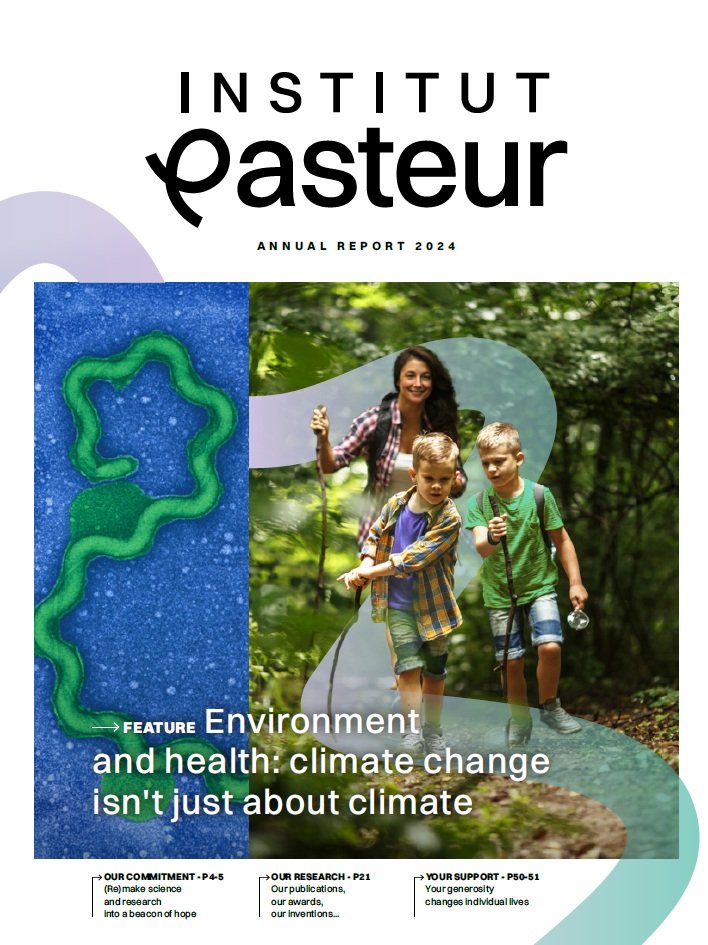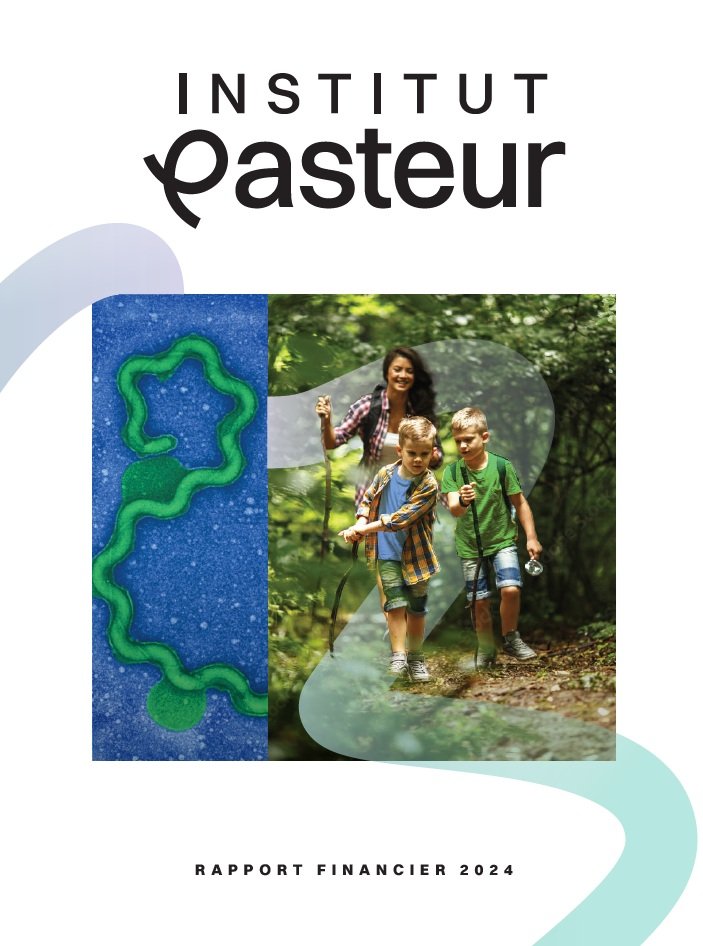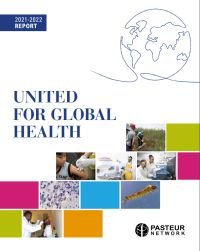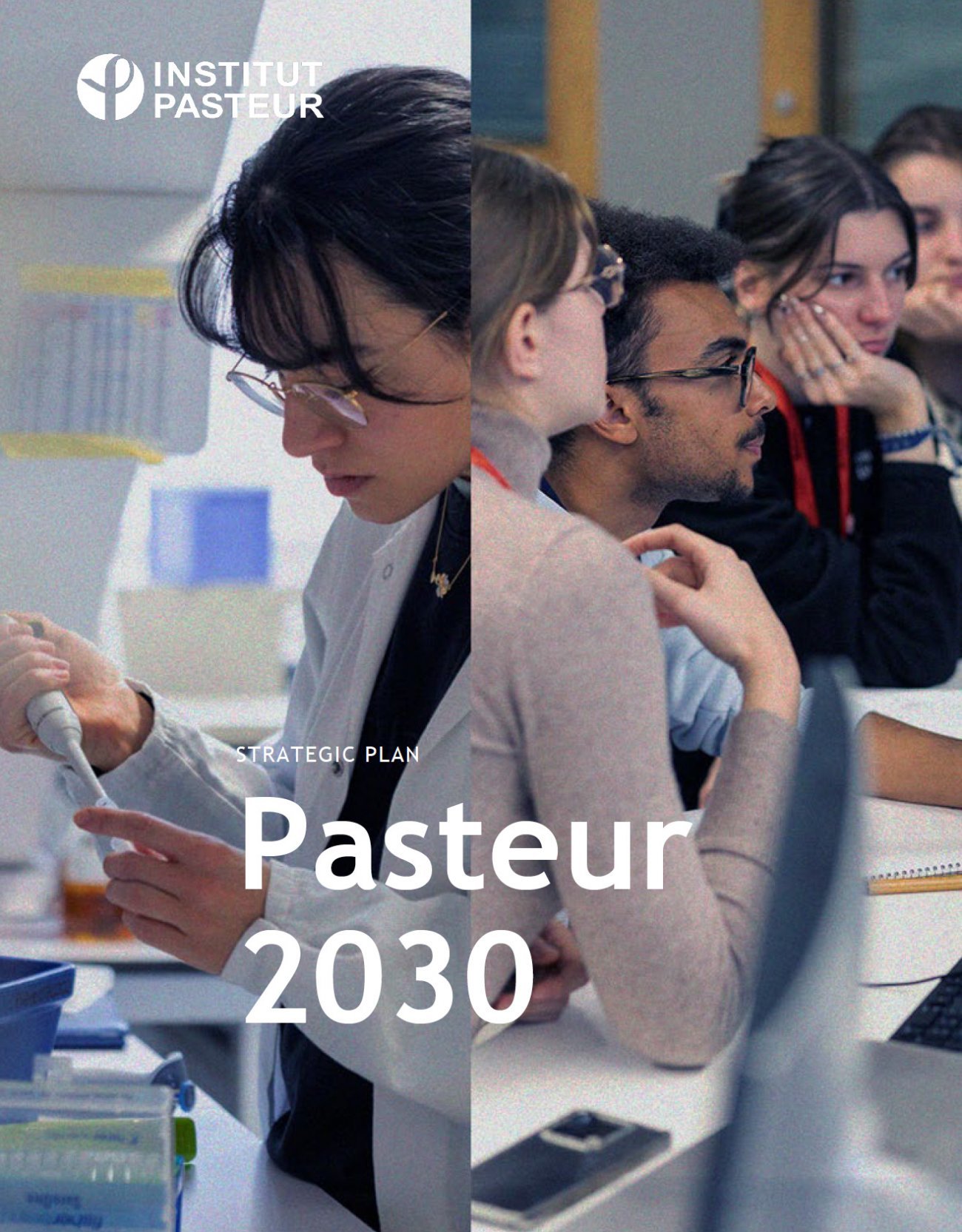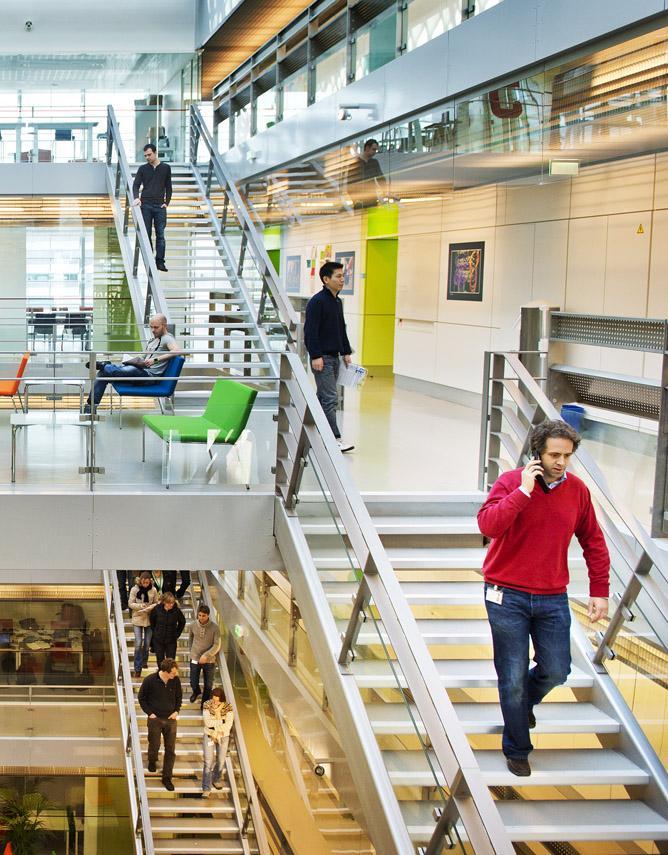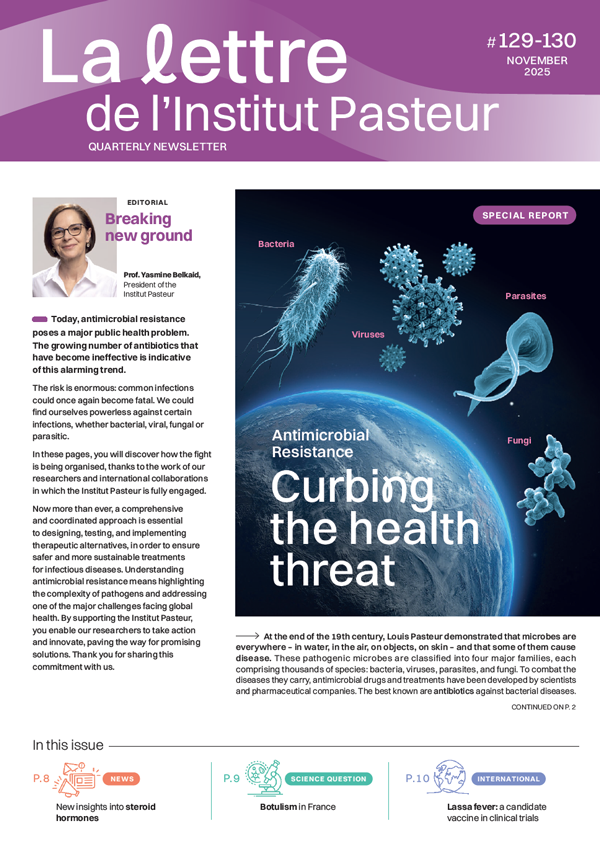The 130 laboratories at the Institut Pasteur tackle a wide range of challenges, from improving our understanding of the mechanisms of living organisms to searching for new ways of combating disease. To give you an insight into their work, four scientists share their hopes for the fight against cancer, brain disorders and infectious diseases, as well as the promising field of regenerative medicine.
Fighting cancer
Some twenty units are involved in cancer research at the Institut Pasteur. They investigate cancers of infectious origin (15% of all cancer) such as liver cancer associated with hepatitis B or C, or stomach cancer caused by the Helicobacter pylori bacterium, brain tumors (gliomas), leukemia and lymphoma, etc. Their research ranges from exploring the mechanisms behind carcinogenesis to developing new treatments and diagnostic or prognostic tests.
Prof. Claude Leclerc, Head of the Immune Regulation and Vaccinology Unit, carries out research on therapeutic cancer vaccines:

Promising new therapies for brain disorders
Extensive brain research is carried out in the Institut Pasteur's Department of Neuroscience. Some of this research focuses on major public health problems, including neurodegenerative diseases such as Alzheimer's and Parkinson's, autism, deafness, depression and nicotine dependence.
Prof. Pierre-Marie Lledo, Head of the Perception and Memory Unit and Director of the Department of Neuroscience at the Institut Pasteur, tells us about new therapeutic strategies to tackle neurodegenerative diseases:

From stem cells to regenerative medicine
In 2012, the Institut Pasteur launched Revive, a French biomedical network set up to investigate stem cells and the concept of "regenerative" medicine with the aim of promoting the development of new therapies that could be applied to a wide range of diseases (diabetes, heart attacks, Parkinson's, etc.). This field currently represents a major challenge for medical research.
Prof. Shahragim Tajbakhsh, Director of the Department of Developmental & Stem Cell Biology and joint coordinator of the Revive LabEx:

Tackling infectious diseases
The Institut Pasteur is strongly committed to the fight against infectious diseases – diseases caused by viruses, bacteria, parasites or fungi – such as influenza, Ebola, tuberculosis, malaria, Zika, AIDS and nosocomial infections. It plays a vital role in AIDS research – the AIDS virus, HIV, was isolated by the Institut Pasteur's scientists in 1983. Two of these scientists, Françoise Barré-Sinoussi and Luc Montagnier, were awarded the 2008 Nobel Prize in Medicine for this significant breakthrough. Several of the Institut Pasteur's teams are still involved in tackling this major public health problem.
Michaela Muller-Trutwin, Head of the HIV, Inflammation and Persistence Unit, explains why this research is so important:

"In France, the number of new cases of HIV infection each year is not going down. The need for an HIV vaccine is greater than ever. Antiretroviral therapy is very effective in preventing viral replication, but in some patients there is still a risk that they will develop diseases such as cancer. We are trying to understand the reasons for this phenomenon so that we can offer patients more effective treatments.
Our research findings helped demonstrate that early treatment considerably improves the life expectancy of HIV-positive individuals, leading the World Health Organization (WHO) to recommend treating all patients as early as possible. This is a major breakthrough, but it increases the economic burden for each country because these treatments are very expensive and patients need to take them for their whole lives. That's why we are working to develop new therapies that will enable patients to stop their treatment without putting themselves and those around them at risk."



